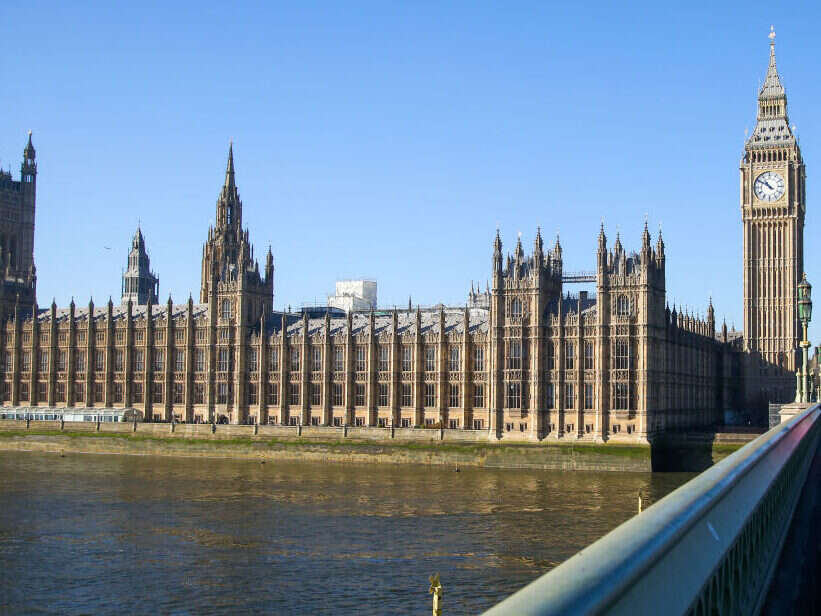The Government has thrown its support behind initiatives aimed at curbing baseless legal actions designed to silence journalists, academics, and activists. These Strategic Litigation Against Public Participation (SLAPPs) often involve affluent individuals attempting to use defamation and privacy laws to prevent the exposure of wrongdoing.
Under the proposed measures, impartial judges would have the authority to dismiss frivolous claims before reaching trial, shielding defendants from exorbitant expenses. The Strategic Litigation Against Public Participation Bill also strives to eliminate the intimidation associated with SLAPPs by ensuring fair compensation for those targeted by such actions.
Labour’s Wayne David, who presented the Private Member’s Bill, emphasized the need for comprehensive protection of freedom of expression. He highlighted the detrimental impact of bullying tactics, including intimidating litigation costs and damages that could lead to bankruptcy, loss of homes, and emotional distress.
The legislation, already supported by major political parties, builds on existing efforts to address SLAPPs related to economic crimes. The Justice Secretary, Alex Chalk, emphasized the commitment to safeguarding free speech and a free press, underscoring the importance of individuals feeling confident to expose corruption.
Prominent examples of SLAPPs being used by powerful figures, including Russian oligarchs, have prompted the push for stronger legal safeguards. The proposed legislation seeks to extend coverage beyond economic crimes, encompassing various litigation types such as sexual harassment.
MPs from different parties voiced their support for the Bill, recognizing its role in protecting democracy’s fundamental principles. Concerns were raised about SLAPPs being used to suppress negative reviews or criticism in different contexts, from botched plastic surgeries to uninhabitable housing situations.
While the Bill received an unopposed second reading, the News Media Association expressed support for its objectives while suggesting amendments to enhance its effectiveness. These proposed changes include simplifying the subject test and ensuring that new powers do not undermine existing laws, particularly the public interest test in the Defamation Act.









